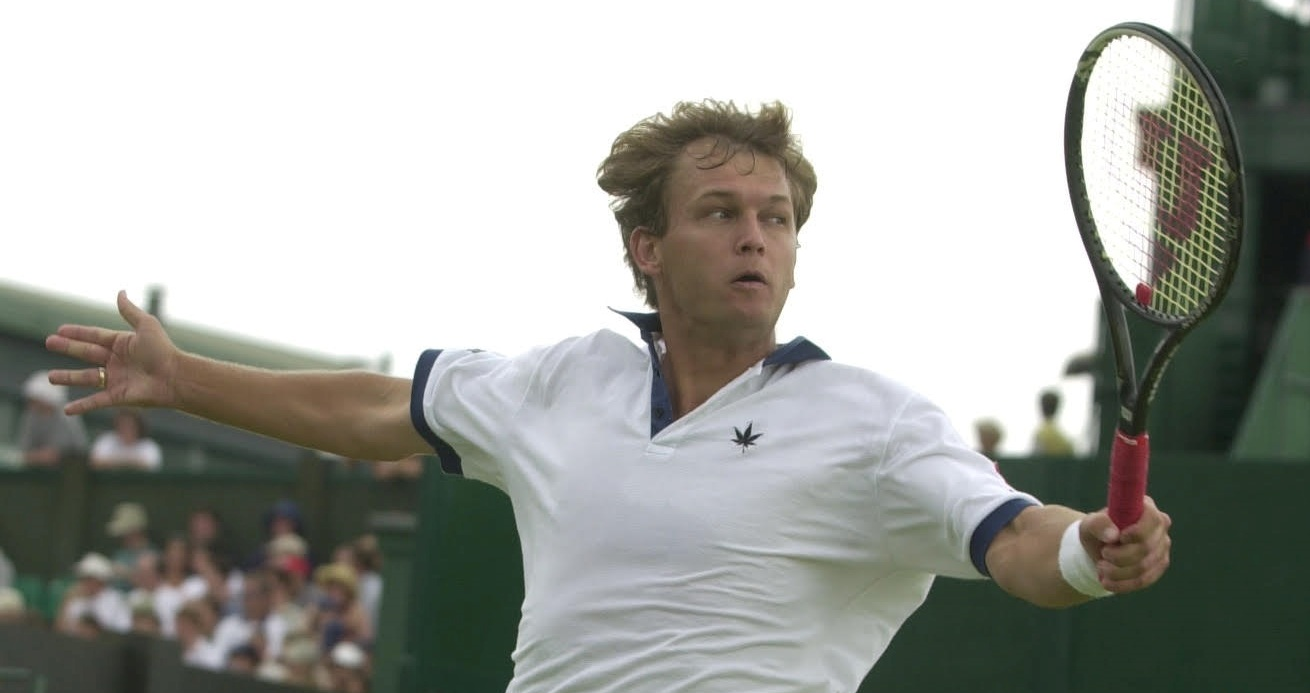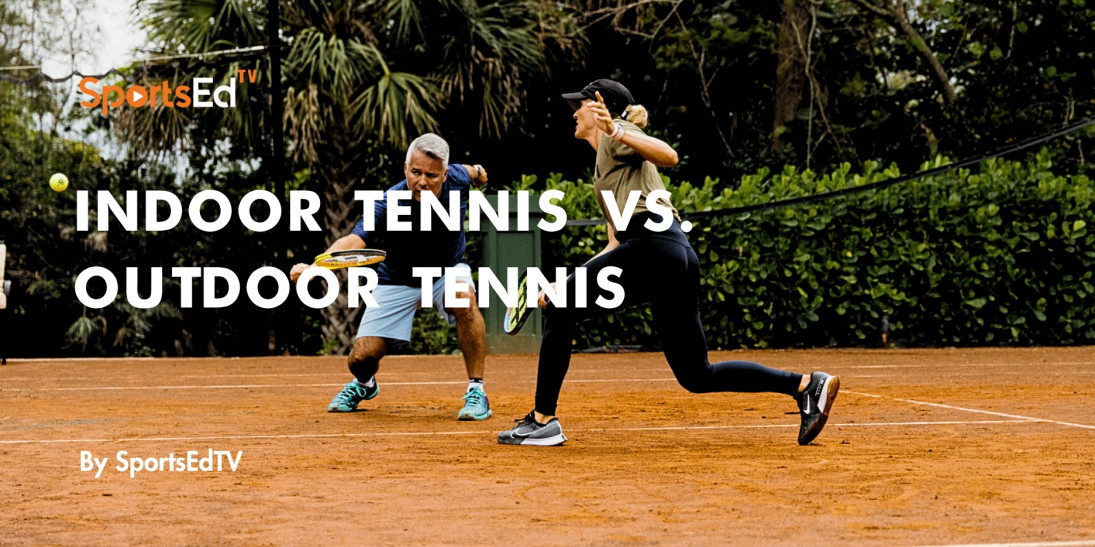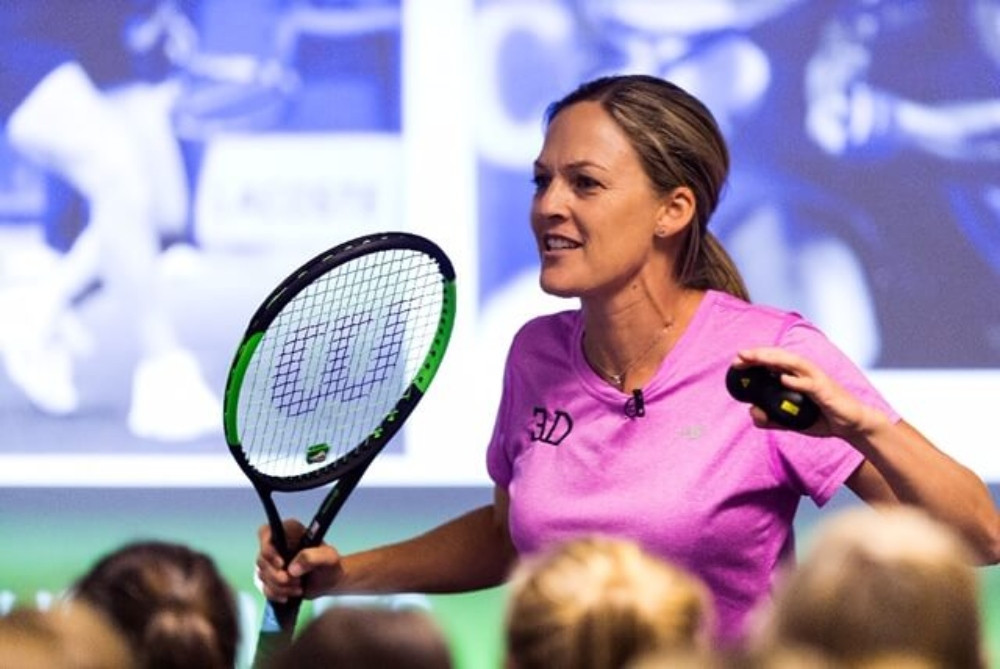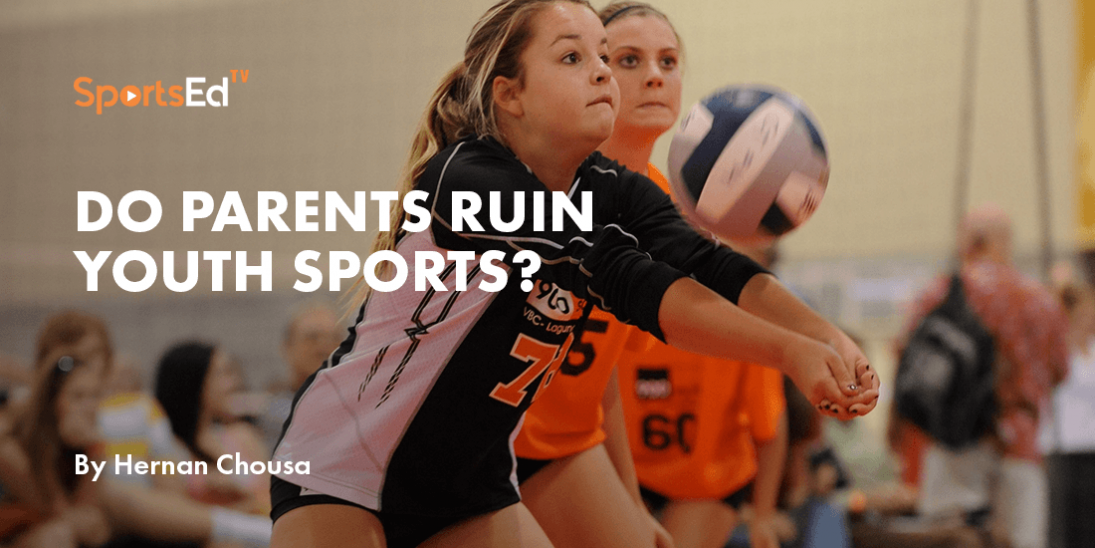Tennis, Mental Health
Welcome and thanks for visiting...

Tennis Is a Game of Errors - Part 2
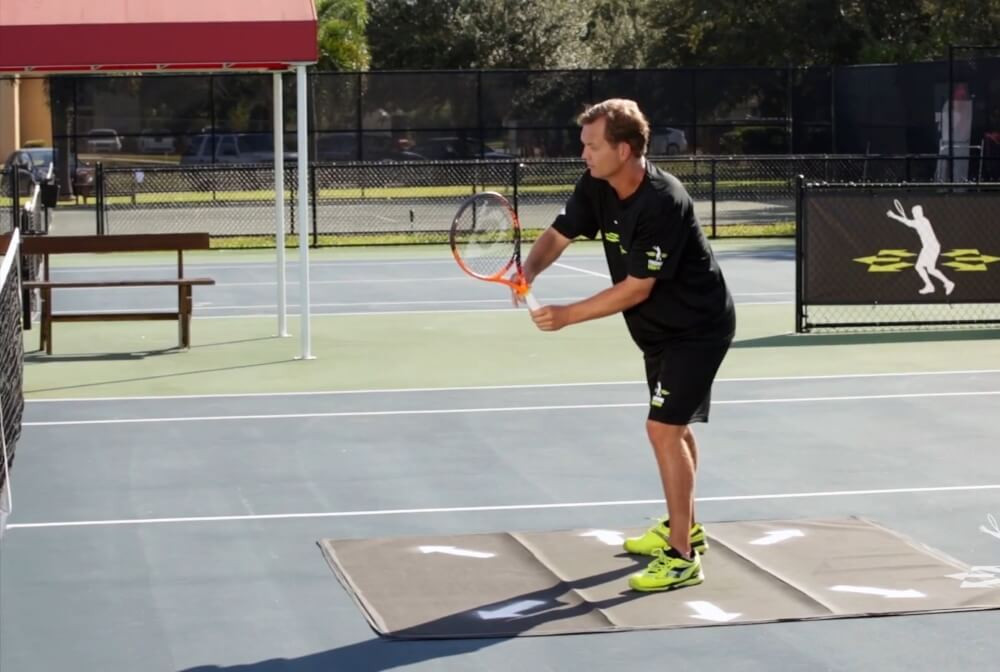
It was 1992 and I had just graduated from the University of Alabama. The Summer went well on the Satellite’s ( now called the Futures ) and I got into the qualies of the US Open.
I qualified for the Main Draw and drew the number 4 seed, Michael Chang. When the schedule came out we were put on the Grandstand court. I was able to arrange a warm-up on that court with number 6 seed, Petr Korda. The warm-up was going great, I was able to hold my own on groundstrokes and at the net, I felt comfortable with his pace. Even though there was this great difference in our rankings, Top 10 and 300’s, I didn’t feel like I was in over my head. When we finally started to play some points out, however, everything changed. No matter what shot I hit Petr would literally hit a winner off of it. I could not win a point!
After the warm-up, I spoke to my coach, John Eagleton (Director of Tennis, SportsEdTV) about the upcoming match. If Petr was the 6th seed and Michael was the 4th seed and I couldn’t win points around Petr, then wasn’t I about to be totally humiliated, on live TV and in front of a lot of people on the Grandstand court?
John told me to just believe in myself, I could do it. Eventually, the match was called. It started well with me actually winning the first 2 points.
I settled in to the match and was doing great. I was not overwhelmed by the pace, I was being competitive and lost the first set a respectable 6-3. As the 2nd set got started, I was able to break serve and then do it again. I was up against a Top 10 in the world player. This was not supposed to be possible, right? That is when things began to fall apart.
I started to hit my 2nd serve harder than my first serve, I started to overhit on my forehand.
I made so many errors that I gave back my breaks. What was going through my head was “I am not supposed to be able to beat a Top 10 player and at any minute now Michael is going to kick it in like Petr Korda did in the warm-up earlier”.
Remember the warmup where all of a sudden when we started to play points I couldn’t win one. Well, if Chang and Korda were equal in ranking, then surely Chang can do the same thing? That’s the reason why he is ranked so high, isn’t it? Any minute now Chang is going to kick it in and really start playing, so I better hit bigger or I am going to lose.
What I didn’t realize was that Chang was never going to do anything different. Sure, I was hitting winners and aces, but he was just going to force me to keep it up. Whenever I would miss he would just collect the point.
If I had just stayed, “steady as he goes” I would have done much better. I was doing something right to win these games, I just needed to keep doing it and who knows what could have happened.
Each time I got up in the set I started to press more because of this irrational perception that better players are better because of their ability to hit winners.
I ended up losing 6-3,6-4, 7-6 to the number 4 seed in the US Open and I was ranked in the 300’s. Actually quite amazing.
Chang ultimately won NOT because he started to serve BOMBS and hit huge forehand winners but because I made too many errors. He did help facilitate those errors by forcing me to hit ONE MORE shot each point. He made it harder and harder for me to win the point which lead to me hitting it harder and harder until I missed. He made it about me, not him!
There is the lesson of Tennis.
Many times the better players beat us not because they hit the ball better or anything like that but because they are much smarter. That is why they are successful.
They understand the game very well, they understand that it is a Game Of Errors.
Even though I was older in age than Michael I was not as experienced and not as mature.
In my attempt to BEAT Michael, I was inadvertently doing quite the opposite because I hadn’t learned that lesson yet.
The more we play this game, the more we hope to learn from those mistakes and maybe only through our failures do we learn!
Two years later I qualified again at the US Open and was drawn against Arnaud Boetsch of France in the first round. I won the match 7-6, 6-4, 6-4, even though I was ranked in the 200’s and Arnaud was a Top 50 player.
I had learned from the Chang loss to just keep calm and play each point as it comes and to pay attention to my errors. I tried to make the game about him, not me. Controlling your thoughts and your emotions will help you make good decisions and thus manage your errors.
I lost a tough 4 setter in the next round to Jim Grabb but was so proud of myself for learning more about the game.
I went on to become the number 2 Doubles player in the world and won 2 Grand slam doubles titles, one in Men’s Doubles and one in Mixed Doubles.
I also played in the US Open in 2000, with my partner Rick Leach, and made it to the Men’s Doubles Final Open. We lost a close 7-6 in the 3rd match to Max Miryni and Lleyton Hewitt.
What a great journey, though.
This is a learning process and if you have a passion for learning you can improve. Tennis is a Game of Errors, that means it is error based. We gain from the opponent's error, in basketball if a player misses a shot the other team doesn’t get 2. In our sport, if you miss, your opponent will gain the point. So the game is how do I keep my errors down and at the same time how can I force you to increase yours, but that is a subject for another day.
I hope you have enjoyed this blog and hopefully it has shed light on what is really your task.
Enjoy playing and don’t forget….”It’s a Game of Errors!“
